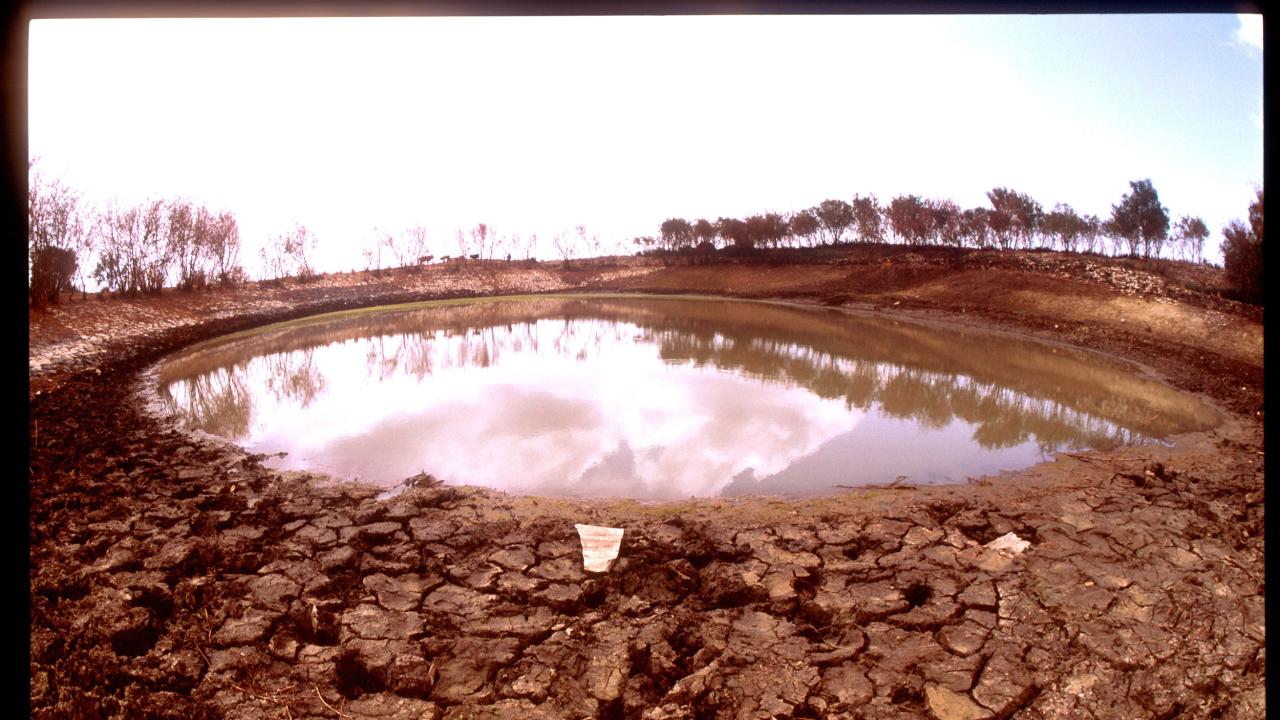
Climate scientists from ICTP's Earth System Physics section will work together with health, environment, socio-economic, and disease modelling experts on a project-Healthy Futures-that will study the impact of climatic and environmental changes on health in Africa.
The focus will be on understanding the risk of three water-related, vector-borne diseases in eastern Africa: malaria, Rift Valley fever, and schistosomiasis. Mosquitoes are carriers (vectors) of the malarial parasite and the Rift Valley fever virus while freshwater snails are carriers of the schistosomiasis-causing worms. The diseases have been particularly damaging in Africa; malaria claimed nearly one million lives in 2008, while schistosomiasis-related mortality is estimated at 200,000 annually.
Vector-borne disease rate are strongly influenced by climate. Temperature and rainfall not only affect the breeding and survival of the carriers but also the parasite and virus development rates. Thus, climate change can be associated with the shifts in the regions subject to endemic or epidemic occurrence of these diseases.
"ICTP is already playing a leading role in an existing EU-funded project called QWeCI that will use predictions of temperature and rainfall to forecast malaria and Rift Valley fever risk months ahead", says Adrian Tompkins, who is leading the ICTP efforts in climate health impacts. "The next logical step is extending this research to new vector-borne diseases such as schistosomiasis and applying the new tools to examine changes of health risk in response to a changing climate - this is the aim of Healthy Futures".
ICTP climate experts will use state-of-the-art regional models to perform climate projections of temperature and rainfall over eastern Africa - these projections will then be fed into disease models to signal changes in health risk. "The fine scale information is especially important in regions of complex topography such as eastern Africa", explains Tompkins, "there is already evidence that cooler highland regions are experiencing more frequent disease epidemics due to warming temperatures". In addition, ICTP scientists are also examining ways of improving the representation of the surface hydrology that determines the availability of carrier breeding sites in the modelling systems.
Ultimately, the aim of this multi-disciplinary project is to equip the risk-prone regions with the information required to effectively plan and mitigate climate-induced changes in health risk. The project began in January 2011 and will run for four years.
Related links:
Healthy
Futures project poster
WHO factsheets
















